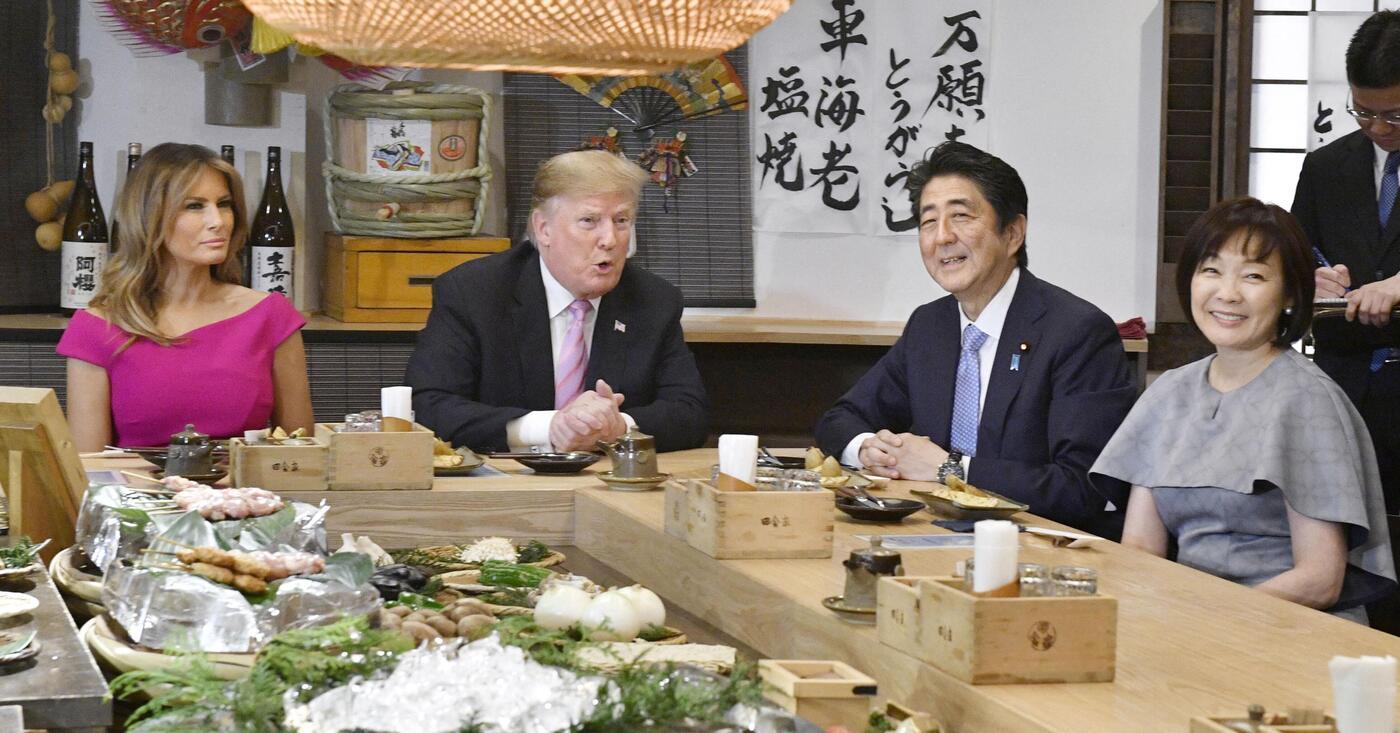After CNN Senior Political Commentator and former GOP congressman Adam Kinzinger made the bold claim that Donald Trump has a distinct smell, social media has been flooded with stories recounting alleged encounters with the former president’s offensive odor. A TikTok video by user @bestofajack04 went viral, detailing an incident in the ’80s when Trump was reportedly asked to leave a Manhattan steakhouse due to multiple complaints about his smell.

TikToker Recalls Trump’s Alleged Removal from Keens Steakhouse About a Decade Ago
The TikTok user, sharing a personal account from 1983, asserted that Trump, then a businessman in his 30s, was asked to leave Keens Steakhouse after complaints from neighboring tables about his offensive smell. As per the TikToker, the incident wasn’t related to age, emphasizing that Trump’s purported offensive odor has been a long-standing concern, spanning almost 30 years.
Social Media Echoes Allegations: Individuals Share Their Own Trump Encounters
In response to the TikTok video, numerous individuals came forward with their own stories, further fueling the claims of Trump’s alleged unpleasant smell. Anecdotes ranged from encounters in the ’90s to 2017, with one person asserting that they could confirm the stench based on a project for Trump in 2017. The hashtag #TrumpSmells gained momentum as more people shared their experiences.
Kinzinger’s Warning and Ongoing Trend: Allegations of Trump’s Hygiene Practices
Adam Kinzinger’s initial warning on social media, cautioning about Trump’s alleged odor and suggesting the use of masks, continues reverberating as stories flood in. The discussion on Trump’s hygiene practices has sparked controversy and curiosity, with the hashtag #TrumpSmells trending on various platforms. As more individuals join the conversation, the topic raises questions about the impact of personal habits on public perceptions of political figures.

The social media revelations about Trump’s alleged smell, prompted by Kinzinger’s comments, underscore the power of online platforms in shaping public discourse. As the stories gain traction, they add a unique and unexpected dimension to discussions about political figures, transcending traditional narratives.